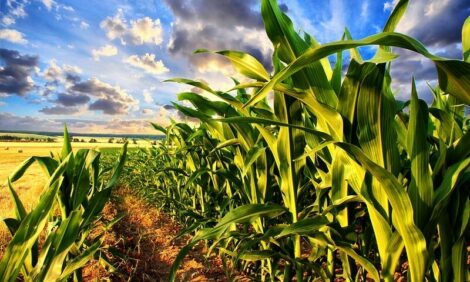



Threat from Cheap Imports Falling
SCOTLAND, UK - The threat of cheap red meat imports undercutting prices is reducing as a result of the prevailing economic climate.Latest analysis of global meat trends by Quality Meat Scotland has shown that increasing world demand and currency fluctuations outside Europe, means imports from areas such as South America and Australasia are losing their competitive edge on the price front.
Stuart Ashworth, Head of Economics Services at Quality Meat Scotland, presented the results of the analysis at this week’s QMS marketing conference.
He said: “With the population of the UK expected to grow by eight per cent by 2020, we’re going to be looking at a rise in demand for meat within the UK. When we take into account our growing export activity this means we will be selling into, and buying from, an increasingly tightly supplied global market.
“Most of our beef and pork imports come from within the EU, and most of our lamb imports are from New Zealand and Australia. Both have seen declining stock numbers, whereas global demand for meat is set to continue apace.”
Studies by the Food and Agriculture Organization of the UN predict that demand for beef is set to rise by 58 per cent by 2050, with sheep and goat meat up 78 per cent and demand for pig meat up by 37 per cent. While the growth will be seen in developed countries, most of the growth is set to be driven by the emerging prosperity in developing countries.
Mr Ashworth said: “With the Euro in the doldrums, the currencies of our traditional trading partners, such as Brazil and New Zealand, are appreciating strongly, and this, coupled with tight supplies, is leading to global prices converging with European prices.
“Although the market is global, it is concentrated in a few large producers. Australia and Brazil alone account for more than a quarter of the beef trade, and together New Zealand and Australia cover more than two thirds of global lamb exports.
“With Australia a major supplier in the middle east and New Zealand having recently brokered a bilateral free trade agreement with China, it means that although the EU will always be a major customer, there are a number of other countries looking for a bigger share of what is a fairly static supply.
“Aside from potential changes to the CAP and international trade deals, the current range of socio-economic changes happening throughout the world look set to underpin strong prices in the medium to long term.”
TheCattleSite News Desk


